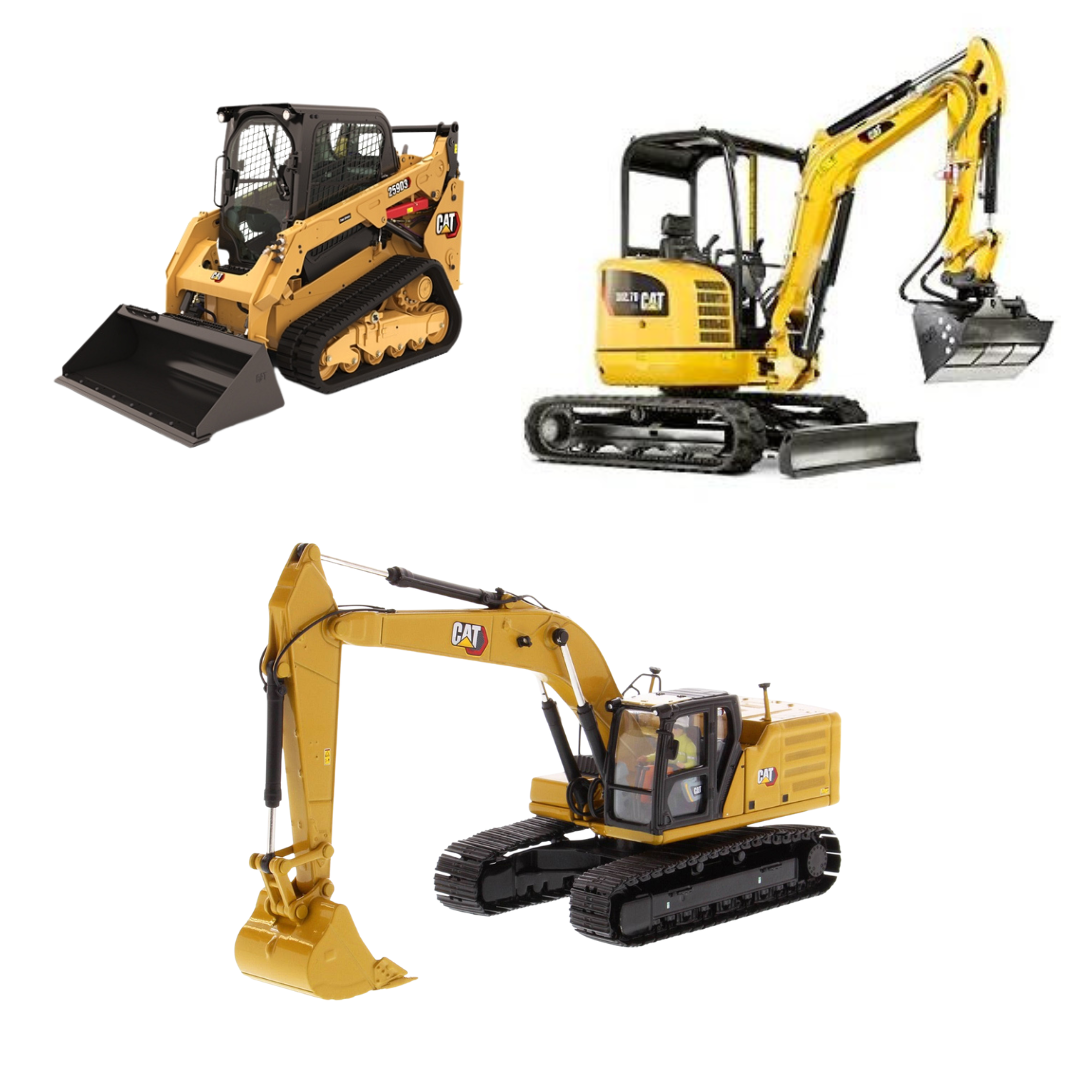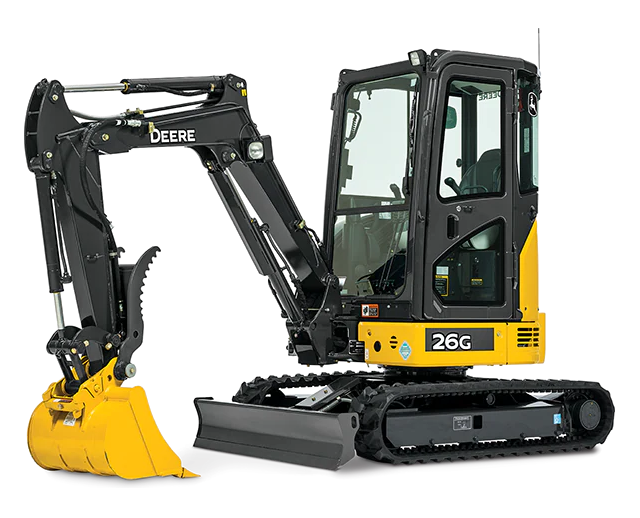Optimize Your Budget by Recognizing the Prices Connected With Construction Tools Leasings
Comprehending the complete extent of costs connected with building and construction equipment leasings is critical for maximizing your spending plan. What methods can be employed to efficiently handle these prices and make certain a more efficient rental experience?
Overview of Rental Expenses
When considering building and construction equipment services, understanding the linked costs is extremely important for efficient budgeting and task planning. Rental expenses can vary substantially based on a number of variables, including tools type, duration of service, and location. The preliminary rental cost usually mirrors the devices's market demand and its linked functional abilities, influencing the general expenditure.
Along with the base rental rate, secondary costs may develop, such as transport fees, fuel additional charges, and upkeep charges. It is necessary to account for these extra costs to properly assess the total expense of leasing tools. The rental duration can affect pricing; longer rentals might certify for affordable rates, while temporary leasings could incur greater everyday fees.

Breakdown of Rental Prices
A detailed understanding of rental prices is necessary for specialists and task supervisors intending to maximize their budgets. Rental rates for building and construction tools normally include several elements, including base prices, time-based fees, and use charges.
Base prices are the core charges linked with the leasing of the tools, commonly established by the type and dimension of the machinery. These rates can vary substantially, affected by factors such as equipment need, availability, and local market patterns. Time-based charges, which might be daily, weekly, or monthly, serve to suit different project timelines and rental periods.
Additionally, rental prices may consist of usage costs, which apply when equipment is made use of beyond a defined threshold, ensuring that the rental business can account for deterioration. Seasonal demand changes can also impact rental prices, with peak building periods normally commanding greater prices.
Additionally, recognizing the rental firm's policies regarding maintenance and insurance coverage can provide further understanding into the overall expense structure. By examining these parts, service providers can make informed choices, ensuring the option of rental tools aligns with both job requirements and budget restrictions.
Additional Costs to Consider
Understanding the ins and outs of added costs is essential for service providers to manage their total service expenses efficiently. Beyond the typical rental rates, various supplemental fees can dramatically impact the overall price of equipment leasing. These fees typically include delivery and pick-up costs, which can vary based on range and logistics included in delivering the tools to and from the task site.
Moreover, some rental companies may enforce fuel surcharges if the devices is returned with less fuel than when leased. It is additionally vital to recognize potential cleaning costs, especially for customized tools pile driving equipment for sale that calls for detailed upkeep after usage.

Thoroughly assessing the rental arrangement and clarifying these extra costs upfront can assist contractors prevent unforeseen prices and guarantee that budget plans stay intact throughout the job lifecycle.
Repair And Maintenance Expenditures
Regular upkeep and fixing expenses are typically overlooked aspects that can dramatically affect the total cost of construction equipment services. When renting out equipment, it is important to think about not just the rental charges but also the prospective expenses associated with keeping the equipment in optimal operating problem.
Numerous rental firms include basic maintenance as part of the rental agreement; nevertheless, much more comprehensive fixings or unexpected break downs can cause additional expenses. It's necessary to evaluate the rental agreement very carefully to recognize what maintenance solutions are covered and what duties drop on the renter.
Furthermore, tools that is not properly maintained can lead to ineffectiveness on the job website, possibly enhancing and causing hold-ups job expenses. To reduce these threats, it is suggested to conduct regular examinations and maintain open interaction with the rental supplier regarding any kind of issues that arise during usage.
Insurance Coverage and Responsibility Prices
Insurance coverage and responsibility prices are vital parts that can substantially affect the general cost of building and construction tools rentals (equipment rental company). These costs make certain that both the rental firm and the client are shielded from prospective monetary losses developing from crashes, damage, or burglary throughout the rental period

Furthermore, clients need to understand any kind of deductibles or exemptions in the insurance plan, as page these can influence possible out-of-pocket expenses. Understanding the conditions of any kind of insurance coverage is vital to stay clear of unforeseen prices. Eventually, budgeting for insurance policy and obligation expenditures can aid guarantee a smoother rental experience and secure against financial dangers connected with construction jobs.
Final Thought
To conclude, a detailed understanding of the costs connected with construction tools leasings is important for efficient budget monitoring. By examining rental prices, additional charges, maintenance expenses, and insurance policy needs, companies and people can decrease unforeseen expenditures. This tactical approach not only improves cost-effectiveness however additionally makes certain that jobs proceed smoothly and successfully. Inevitably, informed decision-making relating to equipment leasings contributes to the total success of building endeavors.
Rental costs can differ dramatically based on a number of factors, consisting of devices kind, period of service, and location (heavy equipment rental). The rental period can impact rates; longer leasings might qualify for discounted rates, while temporary rentals may incur higher day-to-day charges
By performing extensive study and engaging with trusted rental business, contractors can successfully browse the complexities of rental prices, eventually maximizing their monetary sources.
Past the standard rental rates, numerous supplementary costs can dramatically influence the overall expense of tools service. Rental business typically provide liability insurance policy that covers injuries to third parties or damages to home, while equipment damages insurance can cover the cost of fixings or replacement if the rented tools is harmed.